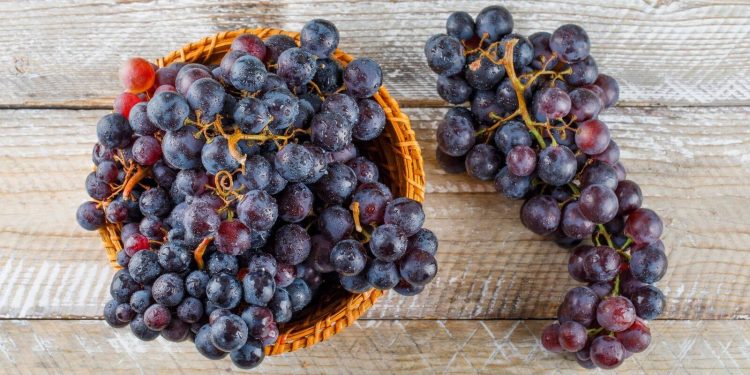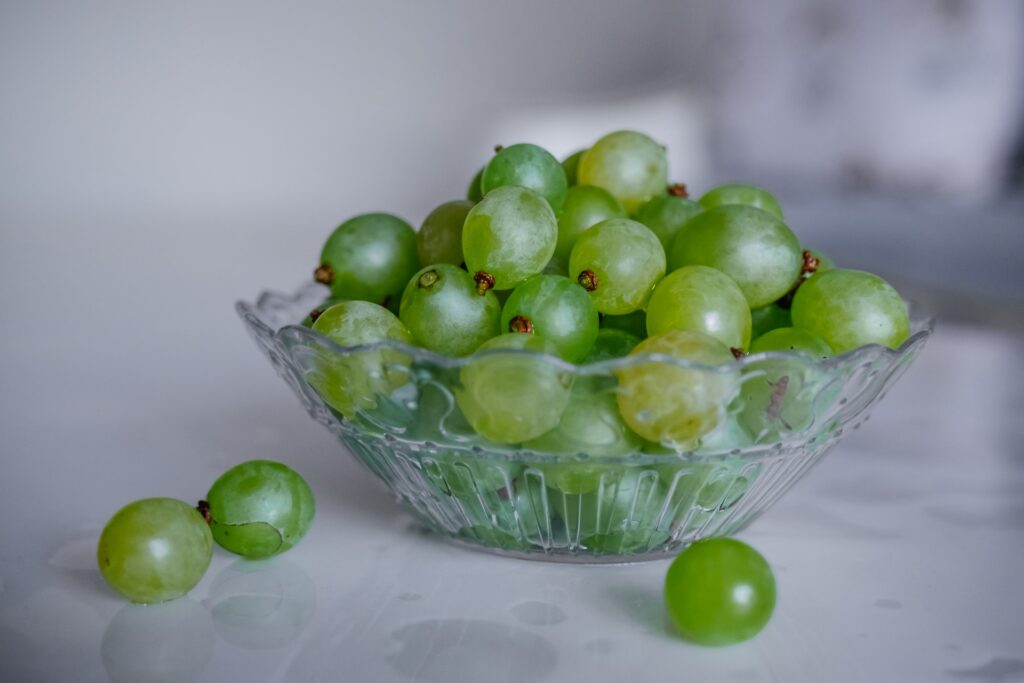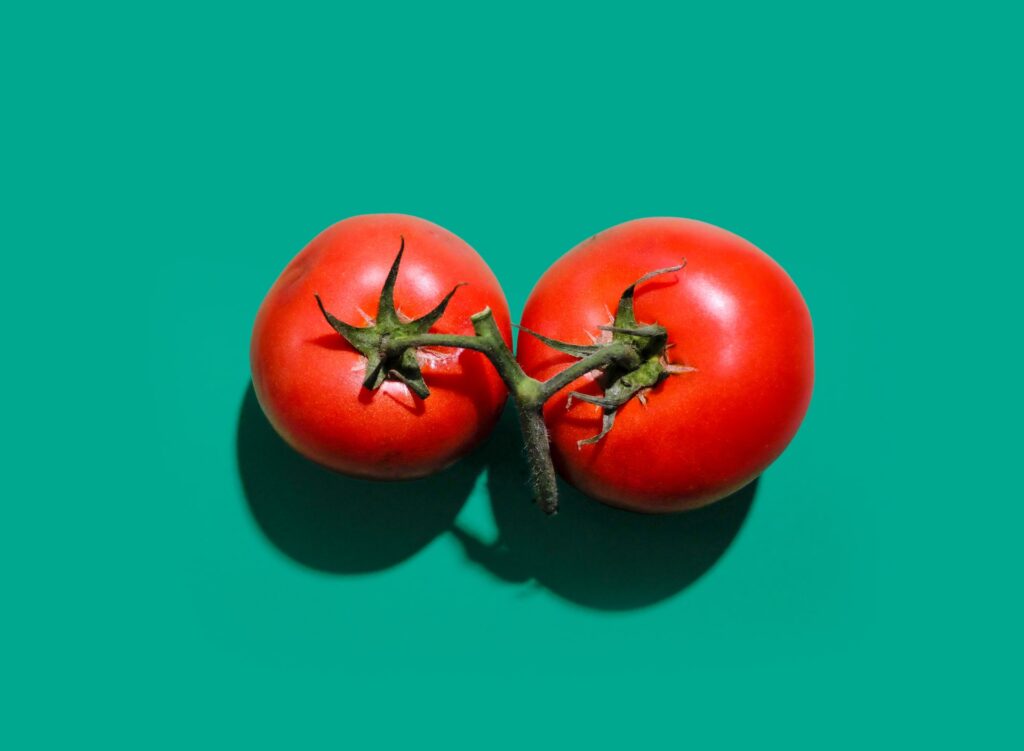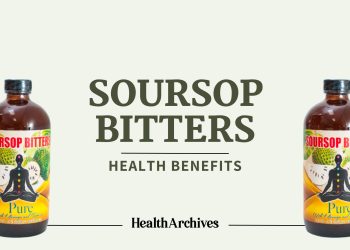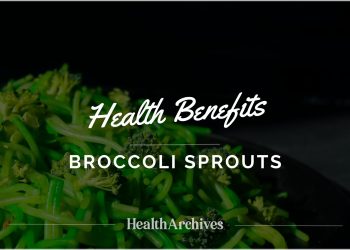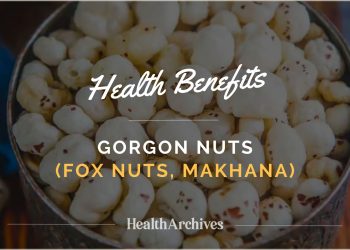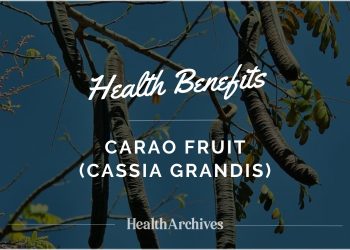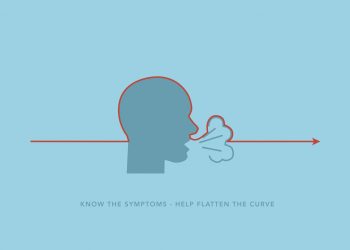What are Antioxidants?
Antioxidants help to cure the adverse effects of free radicals that cause damage to cells. The human body can itself make antioxidants, or a wide range of dietary antioxidants is also available.
Why does our Body require Antioxidants?
Free radicals (atoms with unpaired or free electrons in the outer layer), produced as a result of the body’s regular metabolic activity, have hazardous effects on our health. Their formation in the body also gets accelerated due to external factors such as air pollution, smoking, and increased sun exposure.
The body requires some of them for proper functioning, but the excess of these unstable atoms or molecules can damage other cells and DNA. Some health problems caused by free radicals include certain types of cancers, cardiac ailments, damage to the brain leading to Parkinson’s or Alzheimer’s disease, arthritis, and vision loss.
Regular intake of food sources acting as a rich storehouse of antioxidants are essential to have long term physical and mental fitness. Antioxidants are believed to be more effective when consumed from balanced whole food than supplements. A natural diet ensures the intake of different nutrients and compounds together at a time in correct proportions, which supplements cannot.
Composition of Antioxidants
Dietary antioxidants comprise vitamins A, C, and E, and minerals like copper and zinc, and phytochemicals, which are natural non-nutritive plants origin compounds present in fruits, vegetables, beans, etc.
Some of the phytochemicals are flavonoids, carotenoids, phenolic acids, quinine, etc. These antioxidants counteracting free radicals protect against different types of cancers, visual and cardiac problems, and other diseases associated with free radicals.
Antioxidant Foods and Benefits
Healthy foods loaded with antioxidants with multiple health benefits are listed below.
1. Grapes
Grapes offer numerous health benefits due to plenty of healthy nutrients and compounds such as vitamins, minerals, and essential antioxidants. They are replete with Vitamins C and K; minerals like calcium, potassium, magnesium, and phosphorus; including resveratrol, anthocyanins, and lycopene, which act as powerful antioxidants.
These antioxidants are beneficial to protect against severe diseases like resveratrol mostly plays a part to cease the division and spread of cancerous cells in the body.
Anthocyanins, quercetin, and catechins are other antioxidants found in grapes effective against cancer. Resveratrol also protects against diabetes and heart ailments.
Vitamin K and minerals like calcium, magnesium in grapes are vital for bone health. However, for maximum advantage, red or purple grapes are preferred.
Also read: Vitamin D and Calcium Food Sources
2. Broccoli
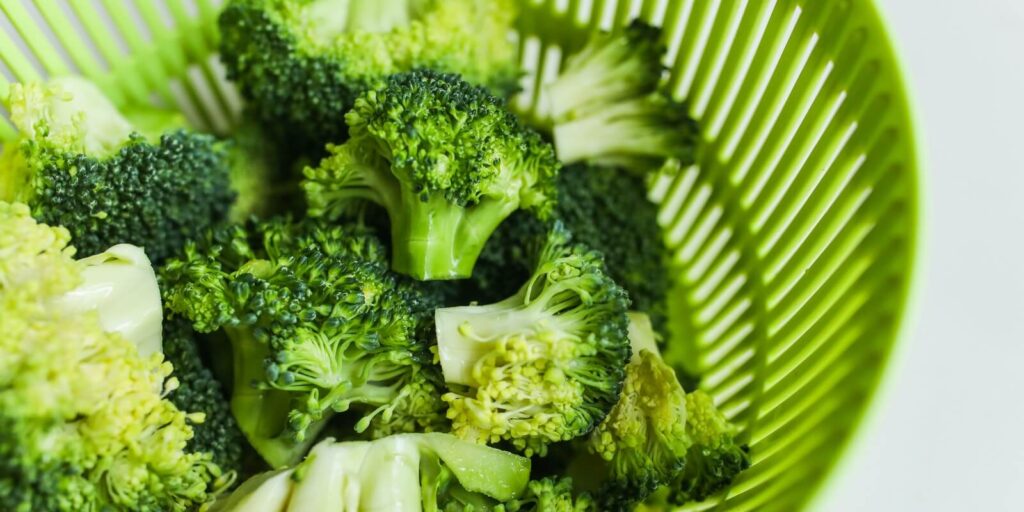
Broccoli is a well-known vegetable loaded with antioxidants like vitamins A, C, E, K, and phenolic compounds. A study showed that purple broccoli have higher levels of these nutrients and compounds than green broccoli, so purple broccoli has more significant health benefits than green ones.
Besides, broccoli is also a source of proteins, fiber, and minerals, including iron, potassium, magnesium, and calcium. The minerals and vitamins are vital components for healthy bones.
Vitamin K is also required for the clotting of blood. The fiber content binds with cholesterol in the blood, making it excrete, easily maintaining lower cholesterol levels in the blood that results in heart health improvement.
A phytochemical named sulforaphane is found in abundance in broccoli, which decreases the risk of some varieties of cancers. This compound was also associated with improving autism conditions, enhancing social interactions, and verbal communication.
3. Tomatoes
Tomatoes are the fruit that is a component ingredient in most of the cuisines and dishes you make at home. Along with taste, it adds health-promoting nutrients and compounds to meals, which include active antioxidants, lycopene, flavonoids, beta-carotene, potassium, vitamin C, E, and K.
These antioxidants, especially lycopene, the most abundant antioxidant in tomatoes, inhibit the oxidation reactions by free radicals, which are correlated to a decrease in the risk of various types of cancers.
Vitamin C, fiber, and potassium content and low sodium intake help maintain the blood pressure at normal and healthy cardiovascular systems.
Beta-carotene gives tomatoes its color and is converted to vitamin A in the human body as per the need. Beta-carotene works with lycopene to protect eyes from damage caused by harmful radiation.
4. Red Kidney Beans
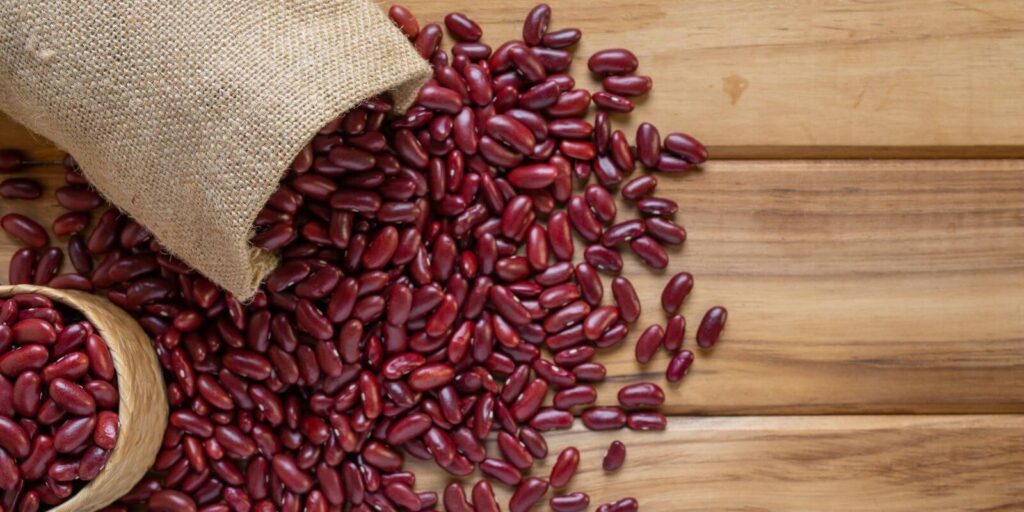
Red kidney beans from the family of beans are protein-rich but loaded with antioxidants too. They are packed with various antioxidants like minerals and vitamins, including folate, folic acid or vitamin B9, iron, copper, magnesium, vitamin K1, and phylloquinone.
Folate is particularly essential for women, especially during pregnancy, because it prevents several brain and spine congenital disabilities. It is also useful in reducing the risk of hypertension (high blood pressure) and anemia (deficiency of red blood cells).
Adequate levels of magnesium ensure better cardiovascular health, while vitamin K1 is required for blood coagulation. They also contain compound antioxidants, most important among anthocyanin and isoflavones, associated with a wide range of health benefits.
These antioxidants exhibit anti-inflammatory, anti-cancer, antiosteoporotic (used for the prevention and treatment of osteoporosis) properties. These are also known to improve cognitive abilities.
5. Dark Chocolate

Dark chocolate with higher cocoa content holds myriad health benefits over milk chocolate if consumed in a well-calculated quantity. The darker the chocolate is, the healthier it becomes.
The health benefits of dark chocolate are because it is one of the best antioxidant-rich foods. The most abundant compound antioxidants in it are flavonols, caffeine, and theobromine. It also contains adequate quantities of iron, copper, magnesium, manganese, potassium, and selenium.
Like other antioxidant-rich foods, its antioxidant activity provides a shield against different types of cancers and maintains sound heart health. Moreover, dark chocolate positively affects brain activity, enhancing mood, memory, and cognitive or learning abilities.
Flavonoids, loaded in it, accumulate in parts of the brain responsible for memory and cognition, improving their function.
Dark chocolate with high cocoa content is associated with a decreased risk of chronic disease, diabetics. People with diabetes are caused mainly by insulin resistance, which produces high glucose levels in the blood.
Flavonoids reduce oxidative stress, which is believed to be the main reason for insulin resistance. The human body is sensitive to insulin increase and responds by lowering resistance, resulting in better glucose metabolization and reduced diabetes risk.
Takeaway Message
On a final note, a healthy variety of food should be consumed in the proper quantity. Antioxidants are essential for a lively, active, and balanced lifestyle and different foods contain a variety of antioxidants.
Besides dietary antioxidants, the body also produces antioxidants naturally, but that is not enough to meet the demand of a healthy being. In addition to the foods mentioned above, many plant origins can be good options like spinach, eggplant, and pomegranates.
Several fruits, vegetables, dried fruits, spices, herbs, cereals, and beverages like green tea are loaded with antioxidants are intelligent and delicious choices.

